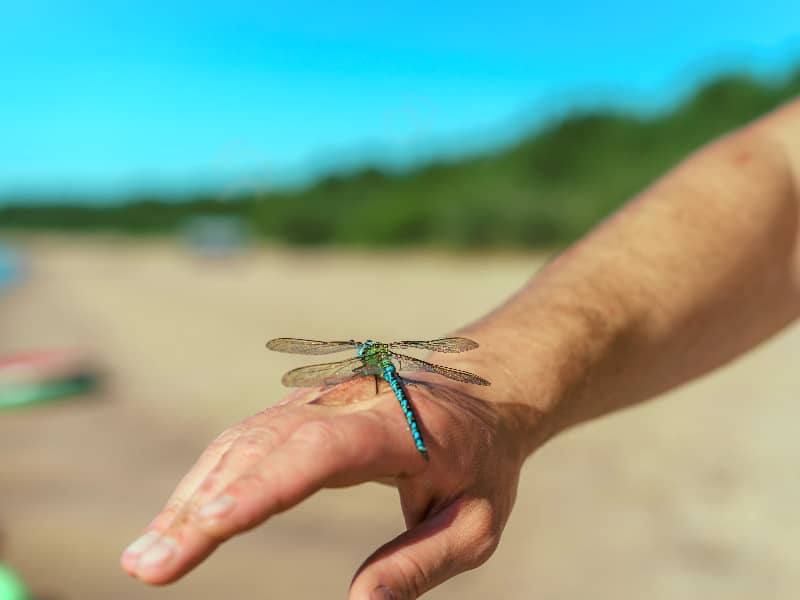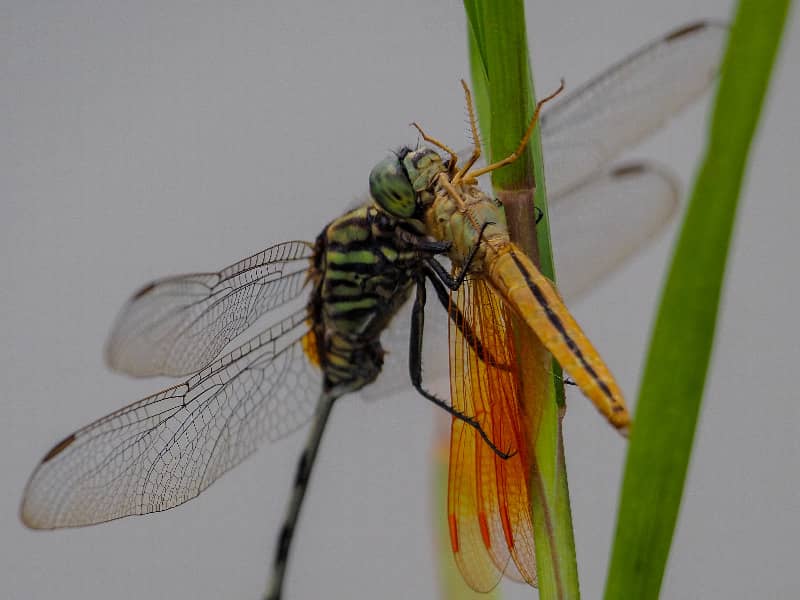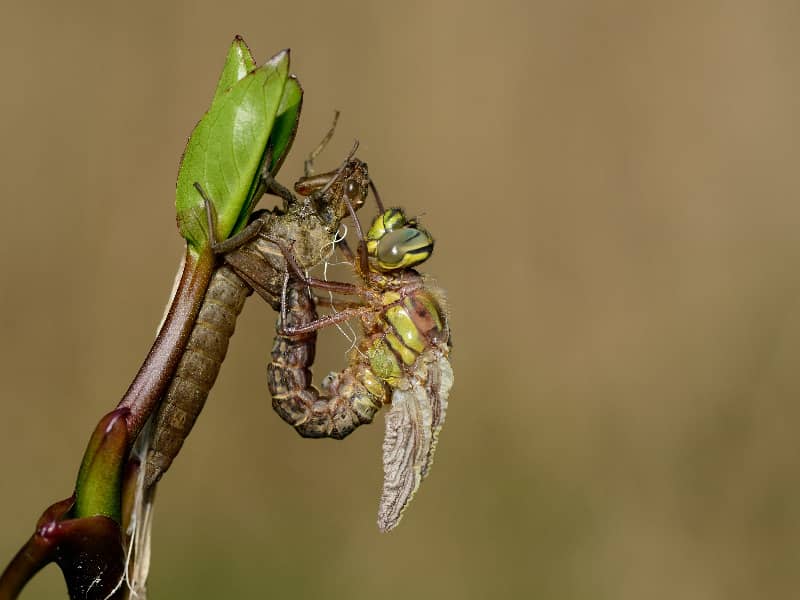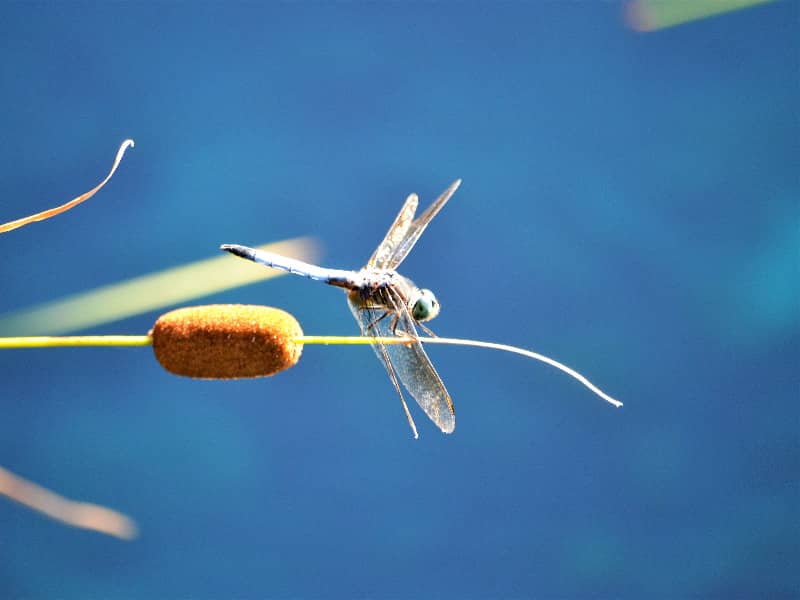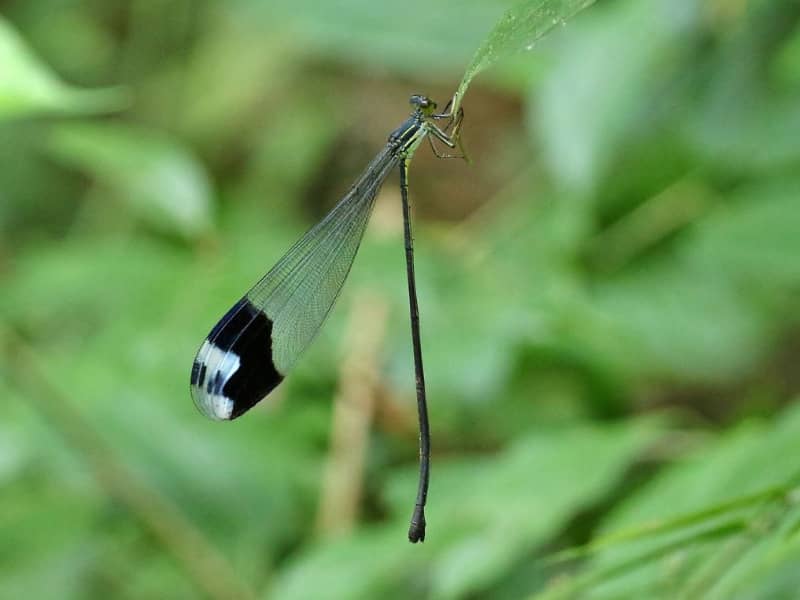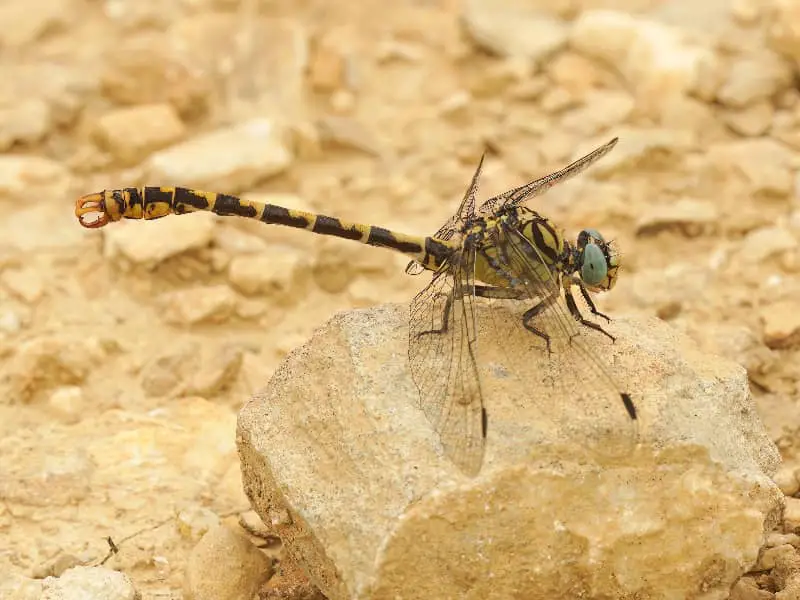
Can dragonflies sting?
Dragonflies are fascinating insects that often attract attention with their elegant flight and bright colors. They belong to the order Odonata and are distributed all over the world. In this article, we will take a closer look at dragonfly anatomy and behavior, addressing the question, "Can dragonflies sting?"
- Can dragonflies sting?
- Dragonfly anatomy and behavior
- Can dragonflies really sting?
- Understanding the defense mechanisms of the dragonfly
- Common misconceptions about dragonflies
- Interesting facts about dragonflies
- The benefits of dragonflies for the ecosystem
- Conclusion: Learning to appreciate the beauty and importance of dragonflies
- FAQ
Dragonfly anatomy and behavior
Dragonflies have a unique body structure that allows them to skillfully navigate through the air. Their body consists of a head, thoracic segments and a long abdomen. The dragonfly's wings are transparent and are powered by strong flight muscles. These allow them to hover in the air, fly fast and make sharp turns.
The behavior of dragonflies is equally fascinating. They are excellent hunters and feed mainly on other insects such as mosquitoes and flies. Dragonflies have remarkable eyesight and can spot their prey from a great distance. Once they have spotted their prey, they quickly fly towards it and catch it with their powerful legs.
Can dragonflies really sting?
A frequently asked question is whether dragonflies can really sting. The answer is: No, dragonflies cannot sting. Unlike mosquitoes or wasps, dragonflies have neither a sting nor a venomous apparatus. They are completely harmless to humans and cannot cause them any harm.
Understanding the defense mechanisms of the dragonfly
Although dragonflies cannot sting, they still have various defense mechanisms to protect themselves from enemies. One of the most effective defense strategies is their ability to flee quickly. Dragonflies can accelerate incredibly fast and make sharp turns to escape potential attackers.
Moreover, dragonflies have sophisticated camouflage that allows them to hide in their environment. Their bright colors often serve as a warning signal to other animals that they may be poisonous or inedible. This deters potential enemies and provides protection for the dragonflies.
Common misconceptions about dragonflies
There are some misconceptions about dragonflies that we would like to clear up. A common misconception is that dragonflies can sting near bodies of water. However, this is not the case. Dragonflies do often forage and mate near water, but they cannot sting.
Another misconception is that dragonflies can transmit dangerous diseases. However, this is also false. Dragonflies are not disease carriers and pose no risk to human health.
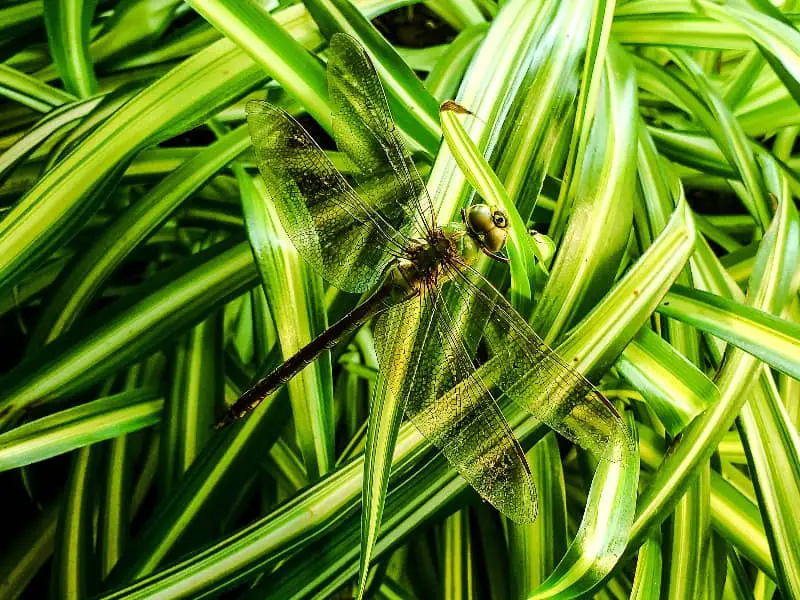
Interesting facts about dragonflies
Here are some interesting facts about dragonflies that may surprise you:
- Dragonflies are some of the oldest insect species on earth. They have existed for over 300 million years.
- There are more than 5,000 different species of dragonflies worldwide.
- The wingspan of a dragonfly can be up to 15 centimeters.
- Dragonflies can stand in the air and even fly backwards.
- Dragonfly larvae, called "nymphs," live in water and are excellent hunters.
The benefits of dragonflies for the ecosystem
Dragonflies play an important role in our ecosystem. As predators, they help control populations of mosquitoes and other insects that can be considered pests. This can help curb the spread of mosquito-borne diseases.
Likewise, dragonflies also serve as food for other animals such as birds and fish. They are an important part of the food chain and help maintain the ecological balance.
Conclusion: Learning to appreciate the beauty and importance of dragonflies
Dragonflies are fascinating insects that possess a variety of amazing features. Although they cannot sting, they still have impressive defense mechanisms to protect themselves from enemies. They play an important role in our ecosystem and help control pest populations.
It is important to appreciate and protect the beauty and importance of dragonflies. By providing them with the habitat they need and reducing pollution, we can ensure that these fascinating insects will continue to exist in the future.
FAQ
Question: Can dragonflies sting?
Response: No, dragonflies cannot sting. They are completely harmless to humans.
Question: What are the defense mechanisms of dragonflies?
Response: Dragonflies are able to flee quickly and have camouflage to deter potential enemies.
Question: Can dragonflies transmit dangerous diseases?
Response: No, dragonflies are not disease vectors and do not pose a risk to human health.
Author
Last posts
- 15. March 2024ChickensRobuster Kunststoffzaun für Hühner – Tipps
- 13 October 2023DragonfliesBlue feather damselfly
- 12 October 2023DragonfliesYellow dragonfly - What are the species?
- 12 October 2023DragonfliesEarly Adonis Damselfly

